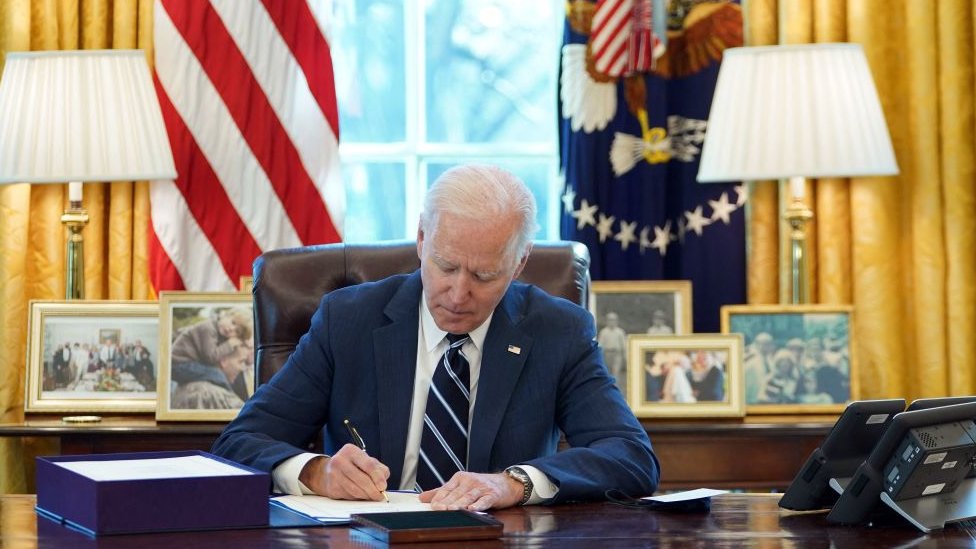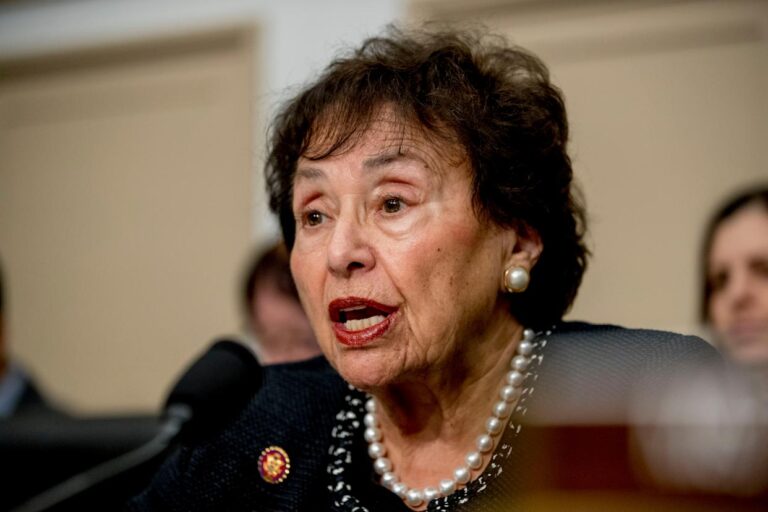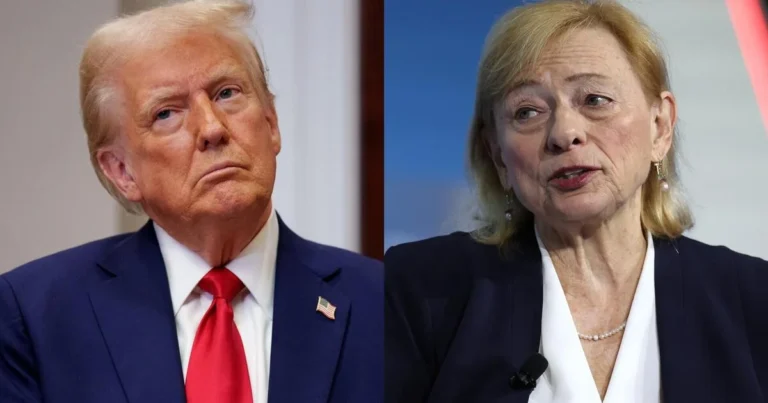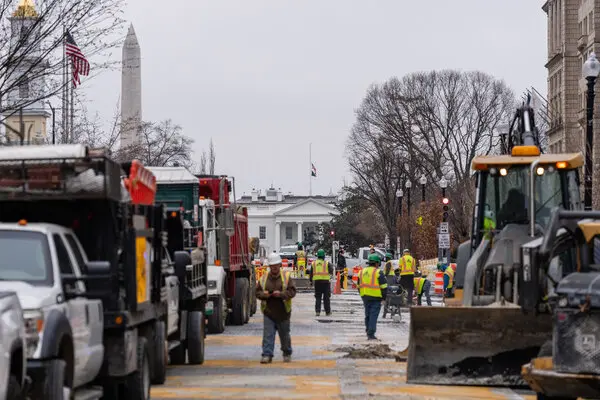- The House and Senate voted to prevent a government shutdown
- Biden signed the bill Saturday morning
- If Congress hadn’t passed a spending bill, the government would have shut down
WASHINGTON (NexusNews) — On Saturday, President Joe Biden signed a bill that ensures the U.S. government will remain funded and avoid a shutdown heading into the critical holiday season.

The legislation maintains funding at current levels through March 14, 2025, and includes over $100 billion in disaster relief and $10 billion in agricultural assistance to support farmers.
Biden issued a statement highlighting that the agreement represents a compromise, with both sides making concessions. He also noted that the bill rejects the GOP’s push for expedited tax cuts for billionaires, while ensuring government operations continue smoothly.
The bill, which had been passed by Congress just before the impending deadline, was approved by the House with a vote of 366-34-1, while the Senate followed suit with a vote of 85-11, narrowly beating the midnight deadline. Following the vote, the White House confirmed that President Biden would sign the bill into law.
Senate Majority Leader Chuck Schumer reassured the public, stating, “There will be no government shutdown.”
House Speaker Mike Johnson described the bill as “America first legislation,” adding, “We’re grateful that everyone stood together to do the right thing.”
This spending bill, which spans over 1,500 pages, also includes provisions for disaster and emergency funding, a healthcare package, and an extension of the farm bill.
The passage of this bill comes after weeks of contentious negotiations, marking an apparent resolution to the ongoing funding debate in Congress.
Earlier in the week, Republicans abandoned a bipartisan plan to avert a shutdown, partly due to opposition from former President Donald Trump and entrepreneur Elon Musk.
John Bolton, former National Security Advisor to Trump, criticized the outcome, calling it a “self-inflicted wound” for the president-elect. He also suggested that this resolution could signal future struggles for Republicans in Congress once the new year begins.
While the bill successfully passed, there were disagreements within the GOP. Thirty-four Republican lawmakers voted against it, though Representative Mike Lawler of New York, who voted in favor, dismissed concerns about party division, emphasizing that Republicans were committed to reigning in federal spending.
Rep. Adam Smith (D-Wash) accused the GOP of lacking a clear plan for fiscal responsibility, asking, “Have you heard them point to one, single, solitary specific cut that they would do?”
The spending bill is crucial for determining how federal funds are allocated across various government agencies and programs. The process of creating this budget has caused tension between Republicans and Democrats.
The bill’s passage follows a series of arguments, including Trump’s insistence on tying the debt ceiling debate to government funding. Trump had rejected the spending proposal earlier in the week, demanding that the debt ceiling issue be resolved before he took office. He also warned Republicans against supporting the bill, calling it a “Democrat quicksand” and pushing for primary challenges against those who supported it.
Meanwhile, Democratic Minority Leader Hakeem Jeffries stood firm, rejecting any possibility of Democrats helping Republicans with the debt ceiling issue, stating on social media, “Hard pass.”
If a shutdown had occurred, various federal agencies would have been impacted, with non-essential operations ceasing and hundreds of thousands of federal employees facing furloughs or working without pay until the government reopened.
Elon Musk played a significant role in disrupting a bipartisan budget proposal. Through constant posts on X (formerly Twitter), Musk warned Republicans of primary challenges, which led to Trump’s rejection of the measure and ultimately caused the collapse of the stopgap funding plan.
The Associated Press contributed to this report.



